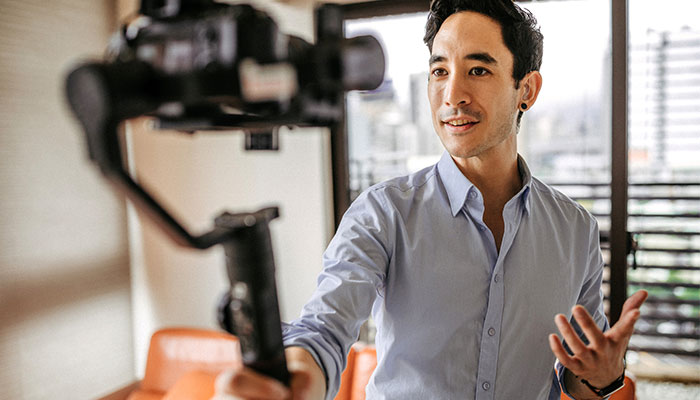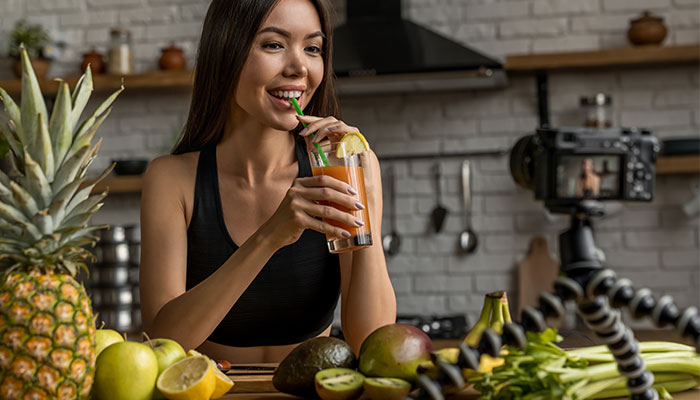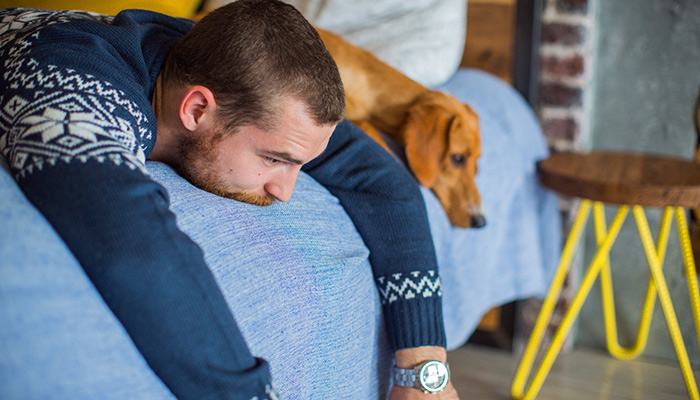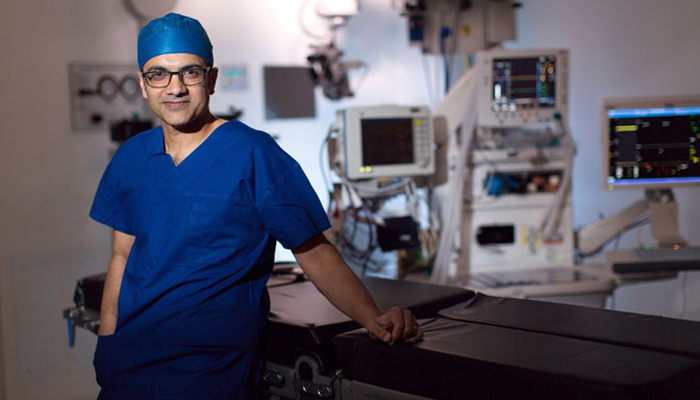New research has found that fewer than half of the Instagram posts from a group of popular naturopathic influencers studied included science to back up the claims being made. Those who did quote research papers saw their engagement rates plummet, Macquarie University health researchers have found.

Concern: Of those studied, just 10 per cent of claims made by health influencers online were supported by high-quality evidence such as randomised controlled trials.
The study, which was published in the latest edition of Health Promotion Perspectives, looked at eight influencers who were making health-related claims, and had at least 30,000 followers. Only influencers who said in their biographies that they were naturopathic doctors were included in the study, on the presumption they would be more likely to be viewed as trusted sources.
The researchers extracted 494 health claims from the influencers’ posts, breaking the claims into three categories: those with evidence to support them, those where no evidence could be found, and those where there was evidence against the claim.
Only 49 per cent of the claims were found to be supported by evidence, and just 10 per cent were supported by high-quality evidence such as randomised controlled trials. Five per cent of the claims contradicted the existing evidence.
False claims about health on social media are a serious public health concern.
The most common topics were women’s health (19 per cent of posts) and claims relating to hair, nails and skin (15 per cent). More than half of these included no evidence.
Some of the posts that contradicted the available evidence included claims that turmeric could improve liver function, probiotics could prevent the flu and lavender reduced stress.
Fake news and the damage it can do
The paper’s corresponding author, Macquarie University Postdoctoral Research Fellow Dr Luke Testa, says naturopathy and other forms of complementary and alternative medicine were part of a social media boom in health and wellness content.
“False claims about health on social media are a serious public health concern,” he says.
“Providing inaccurate information can influence the decisions people make about their own health and that of their families, and this can be harmful.”

Engagement over evidence: research found naturopath posts that included evidence to support the claims being made received significantly fewer likes and comments than the unsupported information.
It may seem innocuous enough for an influencer to say that dark chocolate reduces blood pressure, he says, but if that leads to someone stopping or reducing their prescribed medication, it can be a problem.
Testa says qualified clinicians, including naturopaths, should be providing only evidence-based advice, and that includes what they say on social media.
But with few legal regulations in place to prevent the practice, it also raises the larger question of who is responsible for misinformation and what can be done to prevent it from being posted and shared.
Are some social media users anti-science?
Engagement is currency in social media. On Instagram, that comes in the form of likes and comments. Attracting more likes and comments equals more influence through a greater audience, resulting in more revenue from sources like advertising and sponsorship.
The researchers found the naturopath posts that included evidence to support the claims being made had received significantly fewer likes and comments than the unsupported information.
On average, posts that cited supporting information received 10 per cent fewer likes and 20 per cent fewer comments.

Stories work: Testa says the study found tales from personal lives and health narratives attracted more likes and comments than scientific, evidence-based health advice.
Testa says this is concerning, especially given the proliferation of health and wellness influencers, and the generally poor quality of health information available on social platforms.
“The results indicate that people who are getting their health information from Instagram are not necessarily interested in scientific proof,” he says.
“It’s hard to say whether this is because of a lack of understanding of the scientific process, a lack of trust in established institutions, or whether it’s simply that they find scientific content less interesting because of the way it is presented.”
This may sound like a dire state of affairs, but there could be a silver lining in the form of a lesson in audience engagement for scientists, Testa says.
Social media users lean towards personal stories and narratives, and Testa says it is this aspect of storytelling that makes the content more relevant and interesting to the people reading it.
“I think we could learn something from this, and adapt the way we communicate scientific findings on social media to incorporate more storytelling,” he says.
Dr Luke Testa is a Postdoctoral Research Fellow at the Australian Institute of Health Innovation, Macquarie University.



